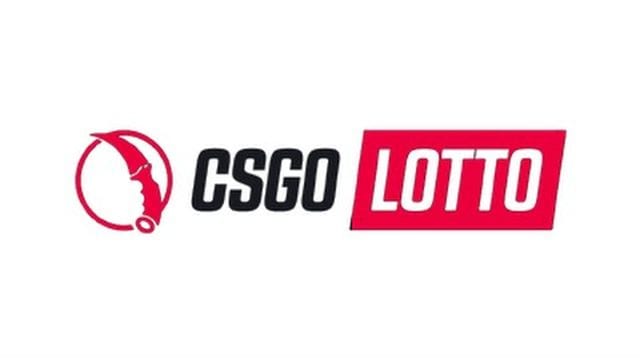CSGO Lotto, the site quietly owned by YouTube users Trevor Martin, Tom Cassell and ‘Josh OG’, has won a Motion to Dismiss the class action gambling lawsuit initially brought against Valve (expanded to include GSCO Lotto) by Michael McLeod. This isn’t the only CS:GO gambling related news today, as it accompanies the Washington State Gambling Commission’s decision to order Valve to end skin trading for gambling purposes via their Steam API.
McLeod’s class action suit is one of two (the other filed in Florida and, to my knowledge, still ongoing) lawsuits brought against Valve alleging that the company facilitated online CS:GO skins gambling. The McLeod lawsuit was filed in Connecticut, but dismissed in Washington State; exactly why the dismissal occurred in a different state, I don’t know.
According to a very useful legal-tutorial post from esportslaw on Reddit, CSGO Lotto were able to win a Motion to Dismiss largely on procedural rather than substantive grounds. In other words, it wasn’t the substance of the plaintiffs’ case that was the problem here.
The plaintiffs had attempted to get into Federal court on the basis of whether defendants violated the Racketeer Influenced and Corrupt Organizations Act (RICO). They also sought jurisdiction under the Class Action Fairness Act (CAFA). It seems the court dismissed RICO on the grounds that plaintiffs “failed to assert a qualifying injury under the RICO statute”, and the precedent that purely losing money in a wagering transaction is not sufficient. Plaintiffs also attempted to say the injury amounted to fraud under RICO, but the court dismissed this as well.
Regarding CAFA; the case would need to exceed damages of $5,000,000. The court did not accept the plaintiffs argument that “common sense” would show that damages would exceed that figure.
From here, it’s possible for the plaintiffs to appeal the ruling. They may also attempt to take the lawsuit to a state court instead of a federal one, but only if the economics of the suit continue to make sense (ie; if they think they can fund it, or see a likely avenue to recoup attorney fees).







Published: Oct 5, 2016 11:36 pm